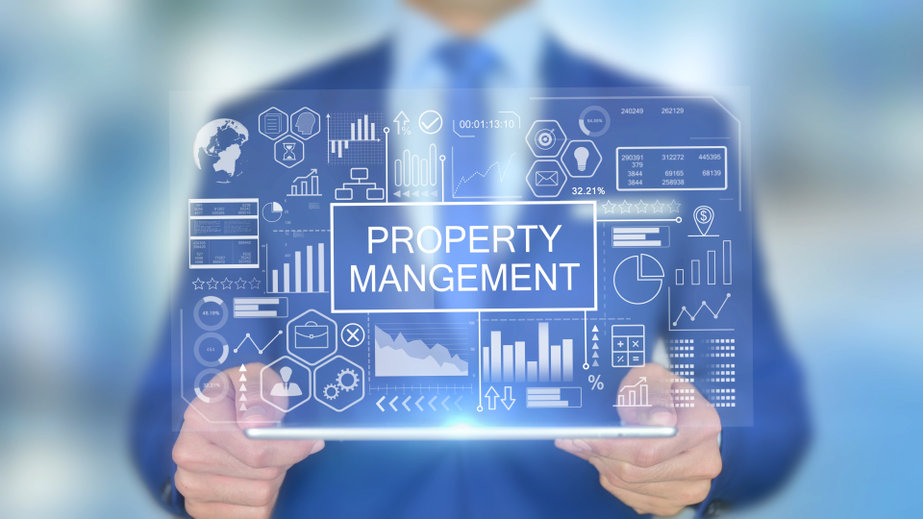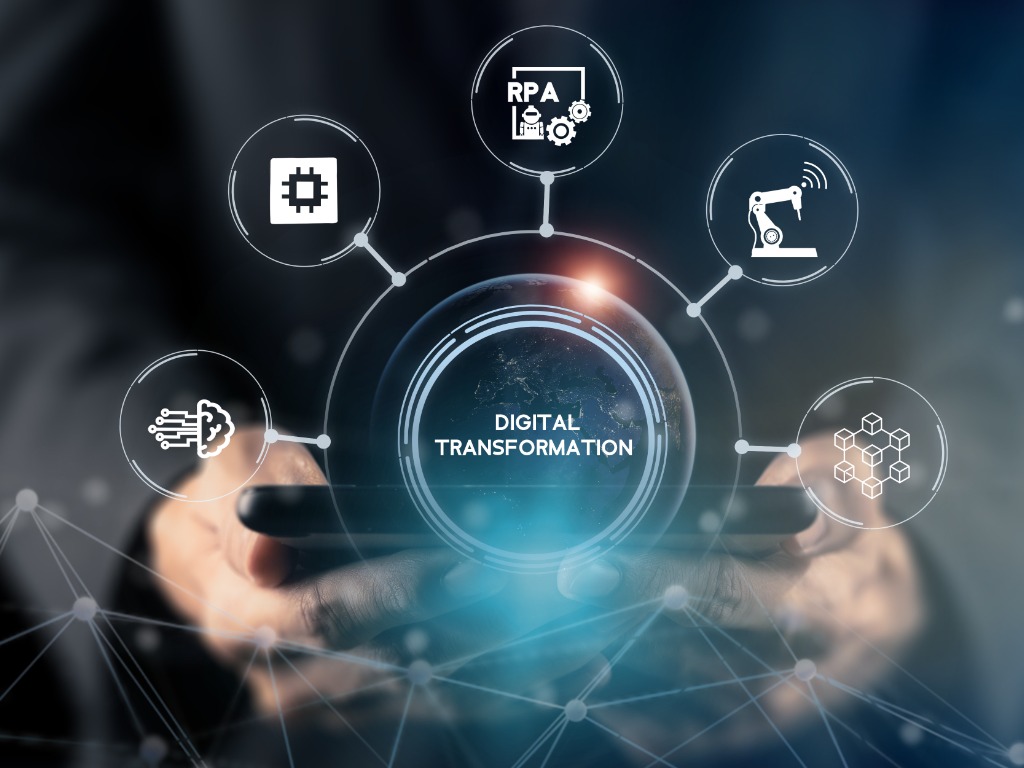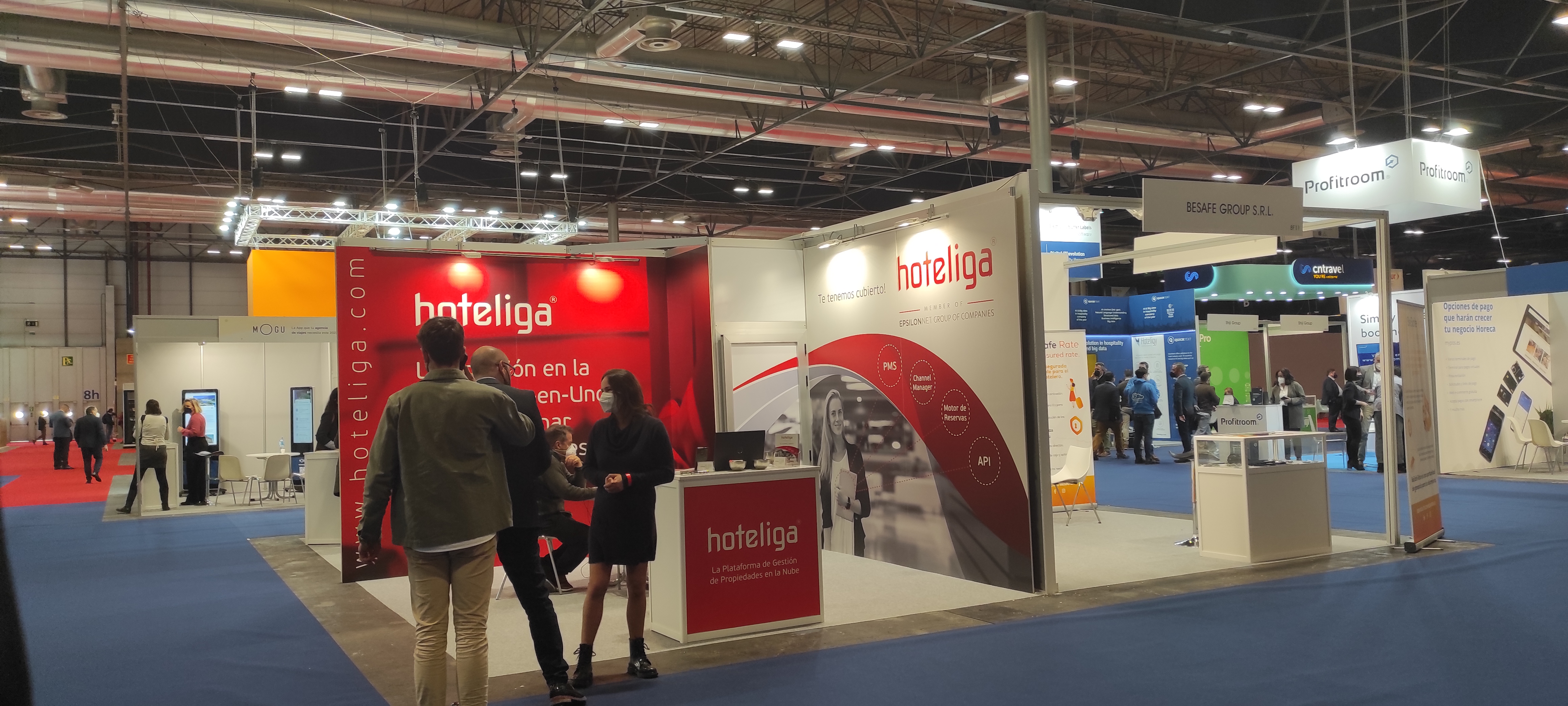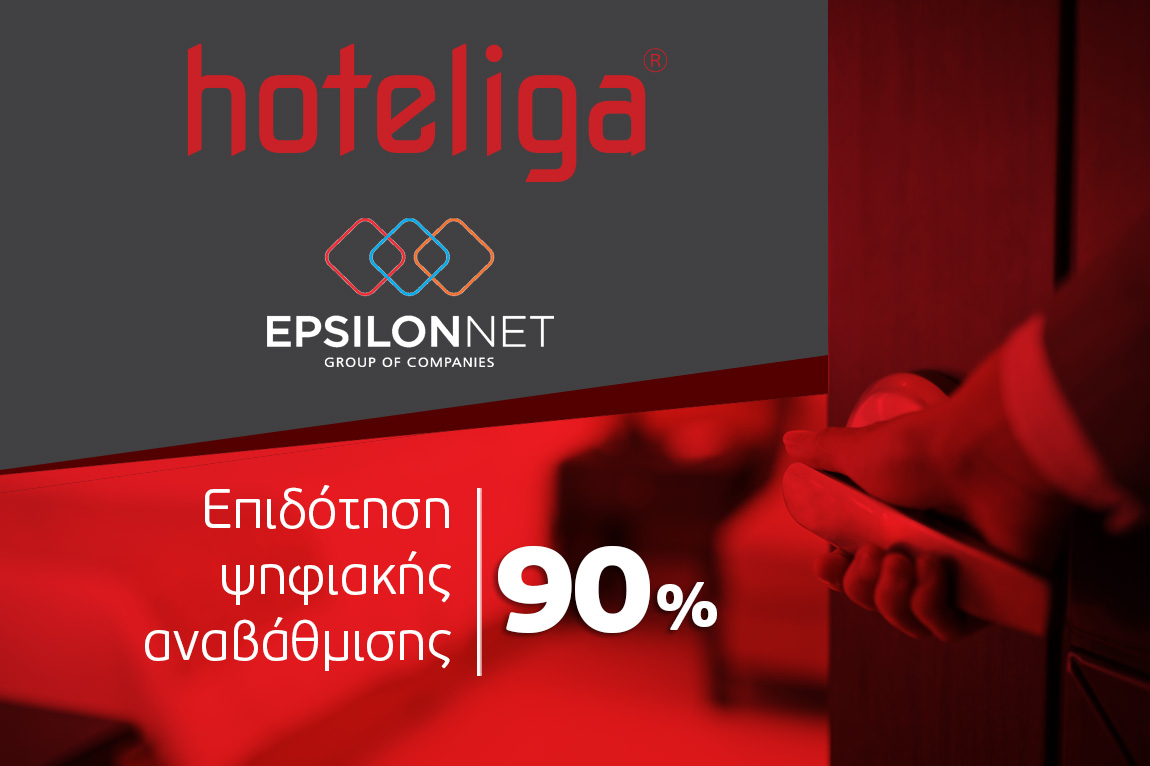
3 Ways Embedded Systems are Pushing the Hotel Industry Forward
The hotel industry handles and keeps track of a large amount of data daily, which can be daunting. By embracing embedded systems, they can save significant time and resources.
Embedded systems also help to speed up data analysis, giving managers and other leaders more time to work on their data-driven improvements. The embedded analytics allow hotels to monitor their key metrics in real-time resulting in improved efficiency and increased revenue.
Let's find out how embedded systems help push the hotel industry forward.
What are Embedded Systems?
Embedded systems are microprocessor-based computer hardware systems equipped with software designed to perform a dedicated function independently or as part of a larger system. At its core is the integrated circuit designed to perform computation for real-time operations.
Applications of embedded systems range from microwaves and digital watches to hybrid vehicles. Almost all microprocessors are used in embedded systems. The system's complexities vary significantly, depending on the embedded system's tasks.
Embedded systems work by managing the microcontrollers of devices. The system's programming instructions are kept in read-only memory or flash memory chips, operating with limited computer hardware resources. The embedded systems connect to the outside world through peripherals, linking output and input devices.
The hotel industry is just one of the many industries that can benefit from embedded systems. By integrating their operations with embedded analytics, hotels can monitor the key metrics in real-time in one place.
Here are some ways embedded systems are pushing the hotel industry forward.
1. Creating a Better Customer Experience
Embedded analytics help the hotel industry to improve customer experience without spending on new infrastructure. Hotel guests should be able to make decisions based on the data available to them. In most cases, they need the information in real time. The embedded system enables hotels to share relevant information with guests, which is one way to improve customer experience.
Embedded systems can also gather feedback, which hotels can use to figure out how to improve their products and services to address the needs of their guests. With embedded analytics, hotels can freely learn their guests' preferences and emulate what worked well to provide a better experience and address issues.
Another way hotels can use embedded systems to improve customer experience is by integrating them into their payment channels. Embedded payments is a payment processing system integrated into the software, allowing hotels to accept online payments and reconcile transactions directly into their software without the need to log in to a separate terminal.
With an embedded payment system, hotel guests will no longer be directed to a different page when booking rooms. Paying through a portal with a different brand can be inconvenient for hotel guests. Others will not be confident thinking their card details could end up in the wrong hands. Thanks to the increased convenience, improved security, and faster transactions that embedded payments can provide, hotel guests will choose you over your competitors. The embedded payment system can increase booking rates and helps take the pressure off hotel staff.
2. Enhancing Efficiency
There are many ways embedded systems can help hotels improve their efficiency. For instance, you manage multiple hotels worldwide and monitor their revenues. With the help of embedded analytics, you can quickly view which hotel branch generates the most revenue. You will also have quick access to other relevant data, such as average daily rate, occupancy rate, revenue per available room, average rate index, and more. Accessing this information in real time allows you to find ways to improve the services of underperforming hotels.
In addition, embedded systems allow managers to easily keep track of a company's workflow with the help of critical data, such as booking sources, revenue based on regions, and more. These metrics help managers know the booking percentages online, by phone, etc. They can identify those with the lowest revenue and which hotels generate more revenue. By knowing this information, managers will know where to direct resources to maintain and improve revenue streams.
Unlike traditional computers, embedded systems are smaller, so they won't take up plenty of space and are highly portable. Because of their small size, embedded systems do not need too much power, unlike larger systems. In addition, their small size enables them to work faster since the system will have fewer elements to manage.
3. Taking the Pressure off Employees
Embedded systems help make things easier for those working in the hotel industry. Running a hotel involves many steps. The management must keep track of hotel bookings, adhere to legal and business standards, improve services to help guests, and more. Embedded systems can help to facilitate these tasks, taking the pressure off hotel staff.
The functionality of an embedded system in the hotel industry will vary, depending on its goal and complexity. Some perform only one function, while others are part of a bigger system. Either way, embedded systems help ease the management of hotels and take pressure off employees.
Hotel managers should understand and recognise the challenges that hotel staff face on a daily basis and apply embedded systems to manage and reduce stress levels, resulting in a positive work-life balance.
Conclusion
Now that travels are back to normal, the competitive landscape for the hotel industry has become more challenging than ever. New hotel chains are expanding, not to mention the increasing number of vacation rental properties offered by companies like Airbnb. Therefore, you must look for ways to improve your business operations and stand out from your competitors.
As you can see, embedded systems offer superb solutions for the hotel industry, helping hotels to push forward and compete with the bigger players. Embedded systems provide many benefits, making them favourable for highly competitive industries like hospitality. In addition, hardware requirements for embedded systems are usually lower than the full computers.
So, if you are still hesitating about whether to invest in embedded systems for your hotel business, it is time to put your doubts to rest. Look for an embedded system to help make your hotel operations more efficient, leading to better revenue.













